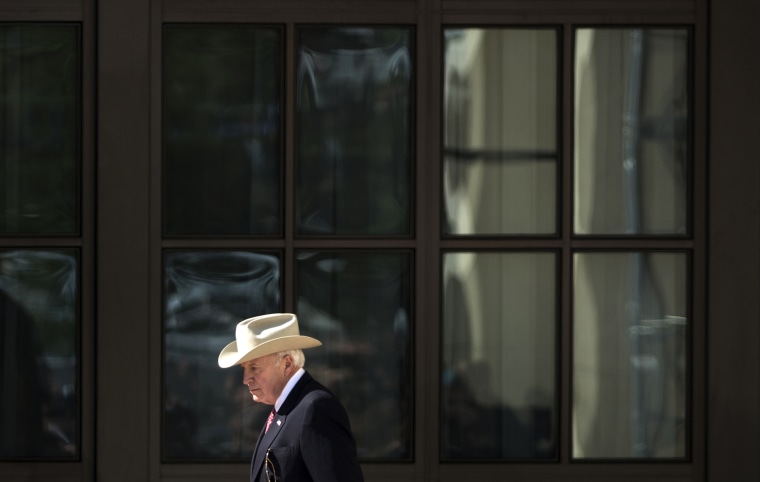Former Vice President Dick Cheney once feared the defibrillator implanted in his chest could make him vulnerable to an assassination attempt carried out by terrorists.
In an interview with CBS' 60 Minutes, Cheney shared why in 2007 doctors disabled the wireless function in his heart device, fearing a terrorist could hack in and send a fatal shock to the vice president’s heart.
“I worried that someone could kill you,” Cheney’s doctor, Jonathan Reiner, said to him in the interview.
Years later, an episode of Showtime’s Homeland played out that exact scenario in the death of the show's ficitional U.S. vice president.
“I found it credible,” Cheney said of the scene. “I knew from the experience we had, and the necessity for adjusting my own device, that it was an accurate portrayal of what was possible.”
Cheney chronicled his long battle with heart disease in his new book Heart: An American Medical Odyssey, co-authored by Reiner. The book exposes how Cheney was so close to death in 2010 that he gave his final wishes to his family, evening instructing them how he wanted his ashes scattered in Wyoming after he was cremated.
He suffered the first of five heart attacks at age 37, but said those episodes, coupled with his three catheterizations, a defibrillator implant, and quadruple bypass surgery never impacted his performance while he served as second in command of the U.S. government.
Cheney said he was "as good as I could be" given his age and state of health. The former vice president refuted the extensive medical research connecting heart disease to memory loss, depression, and impaired decision capabilities.
“I wasn’t worried about it,” he said of his time in office.
